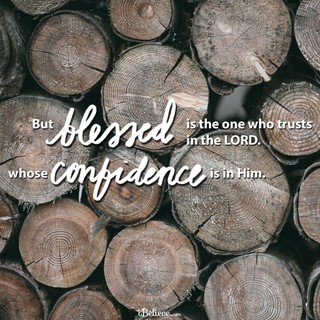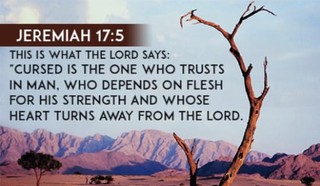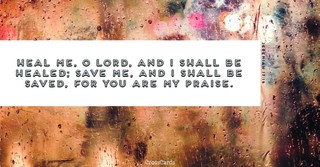
- Recent Translations
- All Translations
Yirmeyah 17:12
Share
Settings
Yirmeyah 17:12 Meaning and Commentary
A glorious high throne from the beginning is the place of our
sanctuary.
] The temple, which was a sanctified place, where the holy God dwelt, his holy worship was observed, and his holy people met together. Here, from the beginning of its erection, from the time of its dedication, the Lord took up his residence; the glory of the Lord filled the house; he set up his throne in it, a high and glorious one; he dwelt between the cherubim, over the mercy seat, typical of the throne of grace. Kimchi and Ben Melech observe that R. Samuel Ben Tibbon is of opinion that the "caph" of similitude is here wanting; and that it should be interpreted thus, "as a glorious high throne": heaven is the high and glorious throne, where the Lord sits and reigns; and the temple or sanctuary bore some likeness and resemblance to it; it was a figure of it; and every place where God is worshipped, and grants his presence, is no other but "the house of God, and the gate of heaven"; and therefore it was great wickedness and ingratitude in the Jews, who were so highly favoured of God, to forsake him, his house, his worship, his word and ordinances, as the following verses show; and which suggest another reason of their destruction. The words in connection with the following verse may be read thus,
``and thou, whose glorious high throne the place of our sanctuary [is], O Lord, the Hope of Israel''

